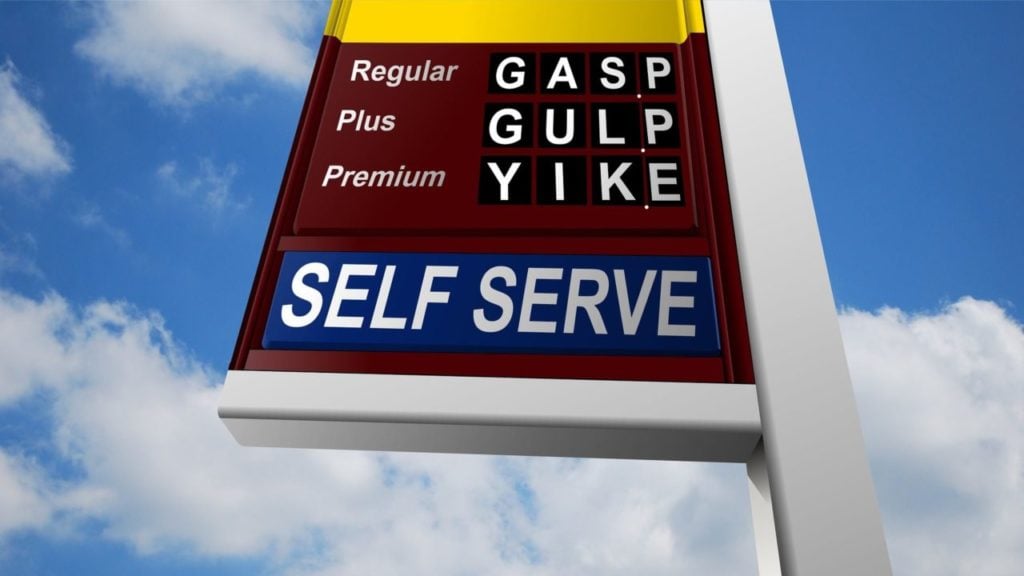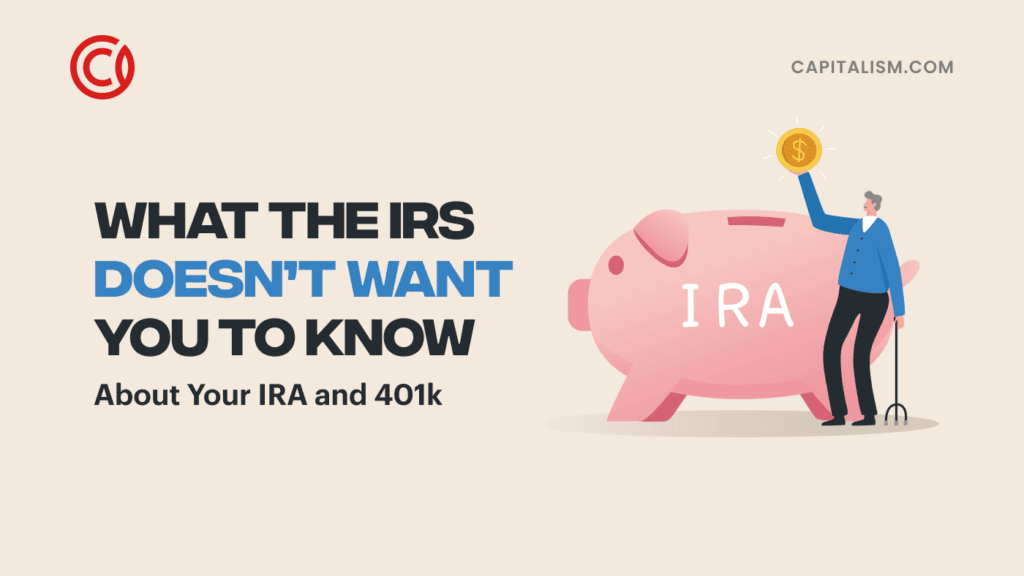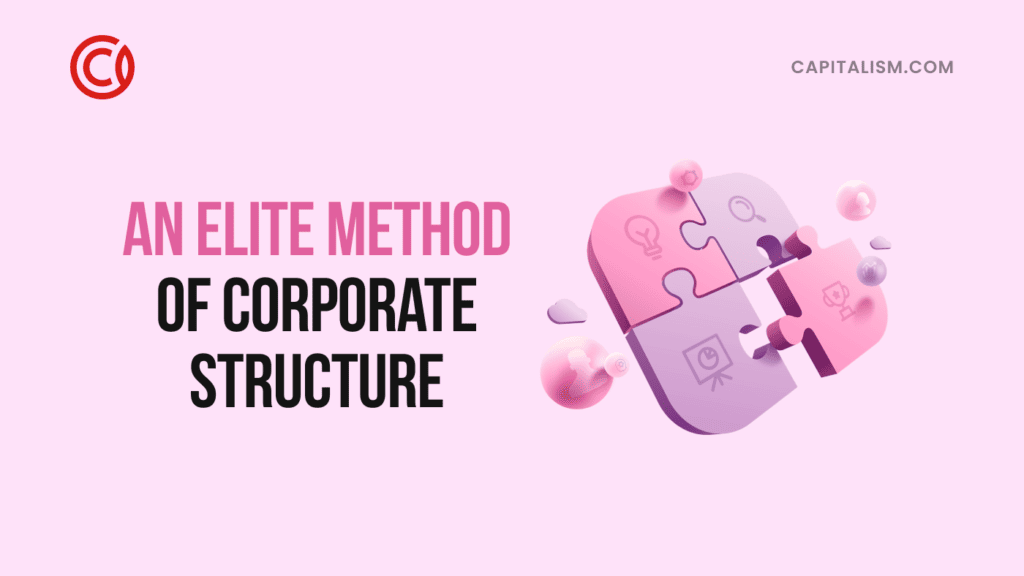Anytime a natural disaster or other unforeseeable event occurs that causes a disruption in the production and distribution of goods, a conversation about price gouging erupts and sends people into a frenzy.
People tend to rush to retailers and providers of whatever goods are disrupted to stock up in fear of a shortage. This stockpiling tends to exacerbate the shortage since consumption rates increase far beyond normal capacity. In such circumstances, the natural tendency of any entrepreneur then would be to increase prices given the larger demand and limited supply. But, politicians tend to seize the opportunity to save consumers from the horrors of what they consider price gouging, and the recent Colonial Pipeline spill is certainly no exception to this rule.
On September 9th, one of the largest pipelines in the eastern states sprung a leak and spilled roughly 250,000 gallons of gasoline in a rural area in Shelby County, Ala, prompting the governors of at least three different states to declare a State of Emergency. Anticipating an average price increase of about 15 cents to 20 cents per gallon (yes, you read that right, a State of Emergency for 20 cents), NC Gov. Pat McCrory wants to ensure that those gas stations that are charging excessive prices as a result of the spill are fined. To do this, the governor has activated the “Price Gouging” law passed in 2008. And Attorney General Roy Cooper is now eliciting the help of good little consumers to ensure those evil price gougers are brought to their $5,000.00 justice (none of which the consumer can expect in reimbursement for having suffered the price gouging might I add).
Measures meant to protect consumers from victimization are indeed noble endeavors. Concerning price gouging, however, such measures are entirely erroneous.
What right does a consumer have, or even the state for that matter, in determining what price a private entity charges its consumers? The consumer doesn’t take the risk in purchasing gasoline for resale, the retailer does. To assume that a consumer should be guaranteed a certain price, or at the very least, a price not to exceed a subjectively defined “unreasonable” limit, is to assume that the retailer doesn’t own his merchandise, rather is merely a trustee for the consumer.
Even though the entire premise of price gouging legislation is negated by this simple property rights argument, the concept is worth exploring based on its merits alone. And to understand the errors of price gouging legislation, we have to understand how prices react to changes in supply levels. Because spills of this nature bring about shortages, retailers have to accommodate for the reduced supply by increasing their price.
For example, if I purchase 10,000 gallons of gasoline at $0.50 per gallon, and the price that I need to sell gas to maximize profits is $1.50 per gallon, that means I can expect my gross profit to be $10,000.00 for that purchase. If, because of a shortage, I can only purchase 5,000 gallons at the same price, I would need to sell gas at $2.50 per gallon to meet my profit expectation of $10,000.00. But, because of the shortage, I am not likely going to be able to purchase the 5,000 gallons at only $0.50 per gallon, because the distributor and producer needs to make money as well, and the shortage is impacting them just as much. So, it’s more likely that I would be purchasing the 5,000 gallons at about $0.75 per gallon, which would then force me to sell gas at $2.75 per gallon in order to make the same gross profit of $10,000.00.
Now, many may criticize the gas station owner for raising the price as merely caring only for his profit. But keep in mind, profits for small businesses are just another way of saying income for employed workers. He has a family to feed as well. It’s very likely that he depends on the income he gets from the gas station to provide for his family. Expecting the store owner to take a cut in his pay as a result of an unforeseen event out of his control simply because it makes others feel bad about consumers having to pay a higher price is simply absurd.
But the argument from those who would punish the price gougers is that these store owners are raising their prices not to prevent losses, but to take advantage of consumers. I don’t think anyone would argue that there are plenty of store owners that would fit that description. After all, the store owner is usually in business to maximize his profits. The question, however, is whether or not charging a high price for goods should be criminal.
The absurdity of this legislation rests in the fact that under any other circumstance, it would be perfectly lawful for a firm to charge a price far higher than its normal price. Why? What makes these “triggering events” so unique that they would require special legislation to ensure consumers are not asked to pay more for something they demand if a limited supply?
An economist may argue a case for price gouging legislation due to supply and demand factors. Under normal market conditions, a price gouger can only increase his price at his own peril as value-oriented consumers would flock to his competition who would likely charge a much lower price for the same goods. And under a triggering event, there is likely a general shortage of said goods. Therefore, the consumer has little recourse but to pay the higher price.
And therein lies the problem with price gouging legislation. The assumption apparently is that it is perfectly reasonable to force companies to take losses due to a general shortage of goods, but it is not reasonable to charge consumers a higher price as a result of the shortage. The laws of supply and demand do not disappear just because one may feel bad about higher prices. And by preventing companies from raising their prices due to the limited supply available to them, the inevitable result is that they will simply run dry much sooner.
And of course, that is precisely what is happening in North Carolina right now. Roughly 930 gas stations have closed because they have no gas to sell. But fear not, for the state is investigating one of those evil price gougers in Raleigh who had the audacity to charge $4.99 per gallon before running dry.
It seems to be human nature, this desire to punish those who disrupt one’s convenience. Or perhaps that is merely a first world problem. Either way, laws like these deflect the attention from more important things that the state should focus on during tragedies. Punishing gas station owners who charge an excessive rate during a state of emergency, whether it be to limit his losses, or to take advantage of needy consumers, doesn’t put more gas in consumers’ cars. And it certainly doesn’t prevent gas shortages from occurring either.
If politicians wanted to be helpful during a shortage, they would relax regulations that otherwise prevent the production and distribution of goods. The very fact that the entire state relies on a single pipeline as its main source of gasoline is a problem in and of itself.
Tragedies happen, that is all there is to it. Introducing price gouging legislation in lieu of price fluctuations during a market disruption is a slippery slope that can only lead to further price controls even under normal market conditions. The last thing we need is for politicians and bureaucrats who are inherently beholden to political interests deciding prices. Let consumers punish those who take advantage of their need by empowering them to do as Milton Friedman would suggest, vote with their dollar.











